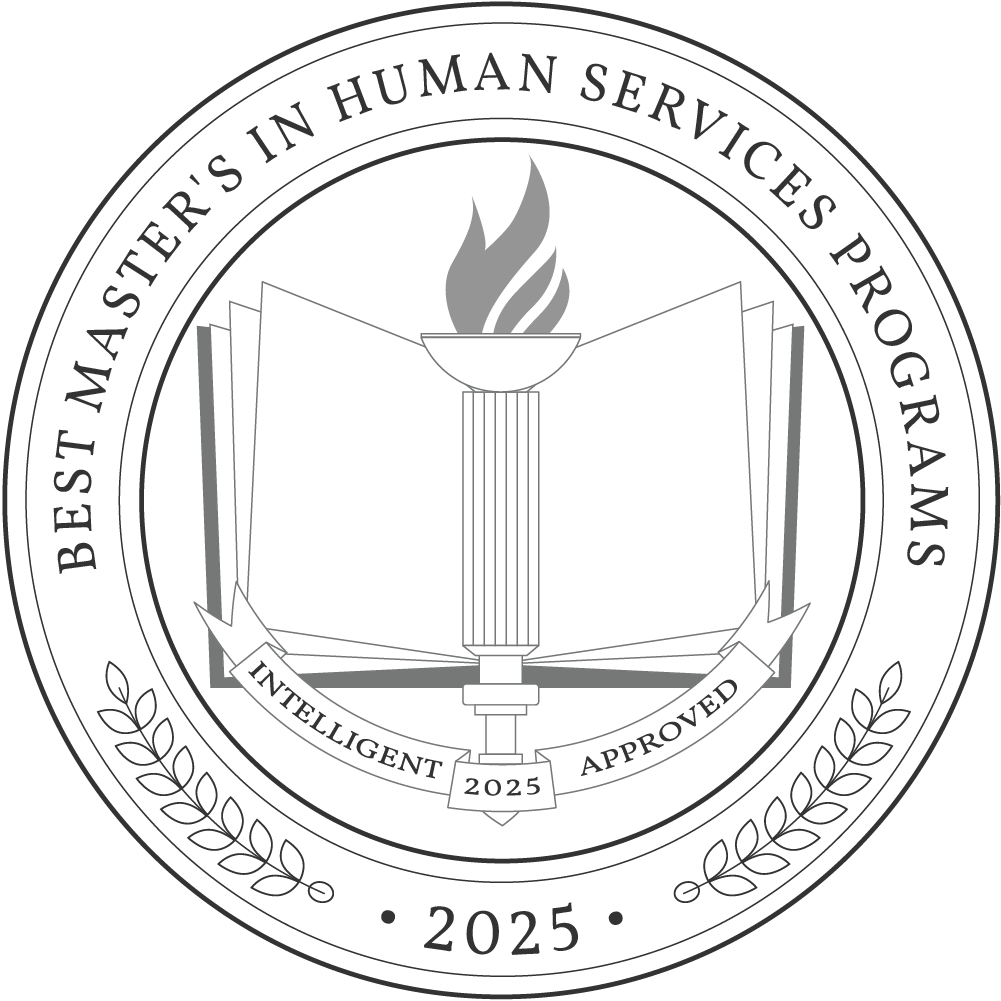For strong leaders seeking to uplift underserved communities through policy development and advocacy for societal change, the best master’s in human services degree programs provide the skills needed to excel in this field. Students will refine their ability to analyze and influence social policies, design community programs, and manage nonprofit or government initiatives. Upon graduation, they can pursue careers such as social and community service managers, with a median salary of $77,030, grant writers at $80,050, or clinical supervisors, who can earn $110,680 with additional certification.
These programs typically take 18 months to two years to complete with full-time study or three years with part-time enrollment. The average tuition for the 2020-2021 academic year was $19,749, with many institutions offering scholarships and assistantships to offset costs.
Why Trust Us
The Intelligent.com Higher Education Team is dedicated to providing students with independent, equitable school and program rankings and well-researched resources. Our expert-driven articles cover topics related to online colleges and programs, paying for school, and career outlooks. We use data from the U.S. Department of Education’s College Scorecard, the National Center for Education Statistics, and other reputable educational and professional organizations. Our academic advisory team reviews content and verifies accuracy throughout the year for the most current information. Partnerships do not influence rankings or editorial decisions.
- Analyzed over 2,000 national, accredited, and nonprofit colleges and universities
- 800+ rankings pages are reviewed and updated yearly
- Content is informed by reputable sources, surveys, and interviews with academic advisors and other experts
- Over 100 data points are reviewed for accuracy and quality throughout the year, including sources
How we rank schools
Our list features the best Human Services degree programs at top colleges nationwide. Each school featured is a nonprofit, accredited institution — either public or private — with a high standard of academic quality for post-secondary institutions.
We evaluated each school’s program on tuition costs, admission, retention and graduation rates, faculty, reputation, and the student resources provided for online students. We collected data from trusted sources like the National Center for Education Statistics, individual school and program websites, school admissions counselors, and other data sources. Then, we calculated the Intelligent Score on a scale of 0 to 100 based on the following criterion:
Academic Quality:
- Admission rate versus enrollment rate
- Retention rate of students who return after year one
- Accreditation status (regional and programmatic)
- Nonprofit status, both private and public institutions
Graduation Rate
- Overall graduation rate
- Total number of currently enrolled students, including diversity metrics
- Student-to-faculty ratio
Cost and ROI
- In-state and out-of-state per-credit tuition rates and fees
- Required credits to graduate
- Earning potential after graduation
- Availability of federal student loans, scholarships, and other financial aid options
Student Resources
- Available student services for online-only and hybrid programs
- On-campus amenities like tutoring centers and the number of libraries
Read more about our ranking methodology.
Best 15 Accredited Master’s in Human Services Programs
FiltersInstitution Type
Status
- Intelligent Score
- Alphabetically By University Name
- Acceptance Rate
- Enrollment
- In-state Graduate Tuition
- Out-of-state Graduate Tuition
- In-state Undergraduate Tuition
- Out-of-state Undergraduate Tuition

University of Illinois Springfield
Intelligent Score: 99.5In-state: $14,317
Out-of-state: $33,824
In-state: $15,016
Out-of-state: $15,016
SAT: 1200-1460
ACT: 27-33
In-State: $332
Out-of-State: $681
On-Campus, Online
Higher Learning Commission
33

University of Baltimore
Intelligent Score: 98.12In-state: $7,014
Out-of-state: $19,374
In-state: $13,824
Out-of-state: $13,824
SAT: 930-1078
ACT: 19-31
In-State: $831
Out-of-State: $1,205
On-Campus
Middle States Commission on Higher Education
36

McDaniel College
Intelligent Score: 96.54In-state: $45,876
Out-of-state: $45,876
In-state: $9,468
Out-of-state: $9,468
SAT: N/A
ACT: N/A
$552
On-Campus
Middle States Commission on Higher Education
30

Winona State University
Intelligent Score: 95.58In-state: $7,712
Out-of-state: $13,903
In-state: $7,710
Out-of-state: $7,710
SAT: 960-1130
ACT: 19-25
In-State: $480
Out-of-State: $725
On-Campus
Higher Learning Commission
34

St. Joseph's University, New York
Intelligent Score: 93.84In-state: $28,590
Out-of-state: $28,590
In-state: $19,350
Out-of-state: $19,350
SAT: 1020-1200
ACT: 22-26
$1,270
On-Campus, Online
Higher Learning Commission
30

University of Dayton
Intelligent Score: 92.55In-state: $44,890
Out-of-state: $44,890
In-state: $17,730
Out-of-state: $17,730
SAT: 1080-1300
ACT: 23-29
$730
On-Campus
Higher Learning Commission
30
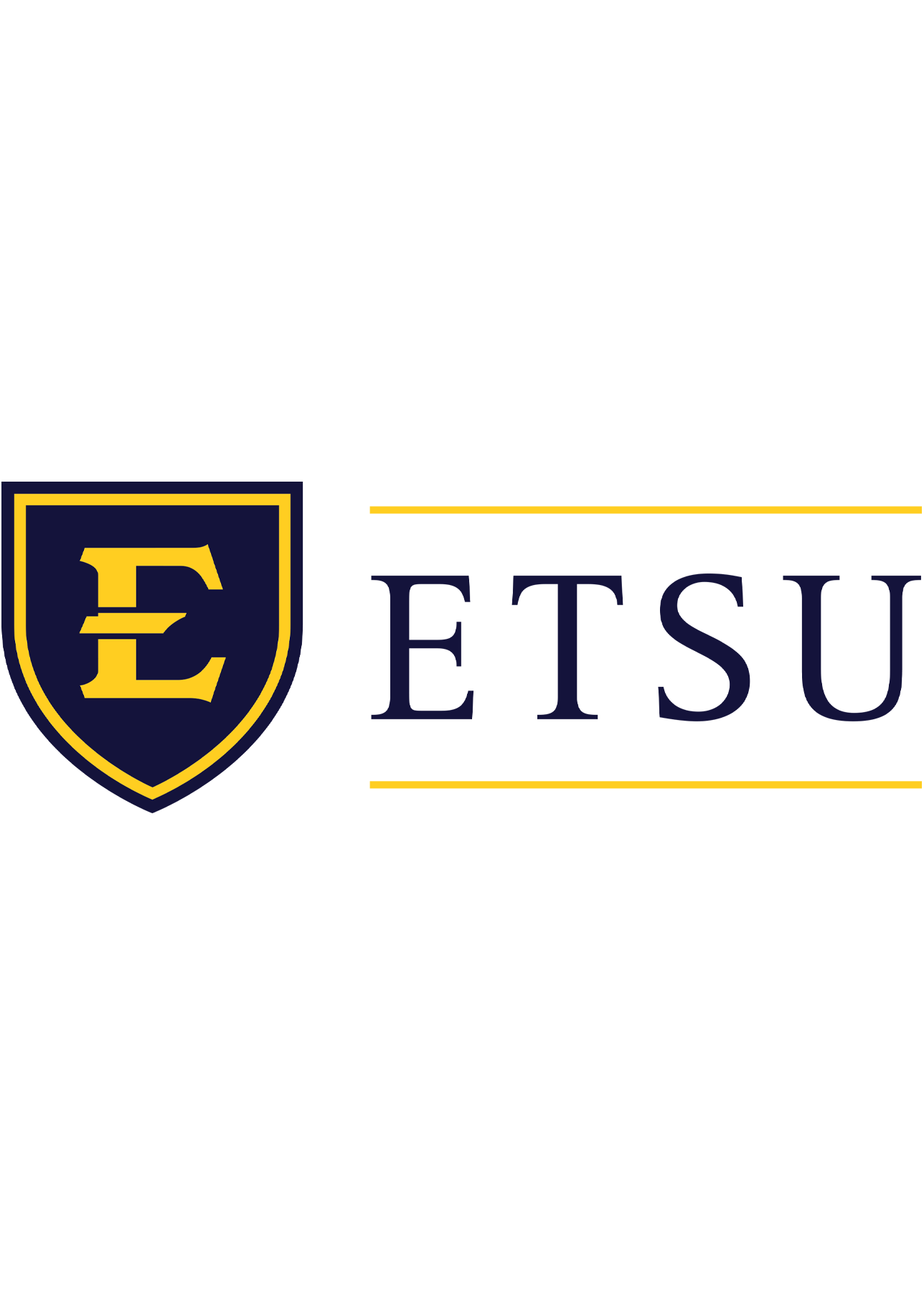
East Tennessee State University
Intelligent Score: 91.83In-state: $7,340
Out-of-state: $25,487
In-state: $8,640
Out-of-state: $8,640
SAT: 940-1170
ACT: 20-27
In-State: $488
Out-of-State: $841
On-Campus
Southern Association of Colleges and Schools Commission on Colleges
36

Wilmington University
Intelligent Score: 90.67In-state: $11,430
Out-of-state: $11,430
In-state: $8,784
Out-of-state: $8,784
SAT: N/A
ACT: N/A
$537
On-Campus, Online
Middle States Commission on Higher Education
33

Texas Southern University
Intelligent Score: 89.37In-state: $6,941
Out-of-state: $19,707
In-state: $4,767
Out-of-state: $4,767
SAT: 890-1040
ACT: 17-20
In-State: $100
Out-of-State: $458
On-Campus
Southern Association of Colleges and Schools Commission on Colleges
30-36

Amridge University
Intelligent Score: 88.07In-state: $9,000
Out-of-state: $9,000
In-state: $11,700
Out-of-state: $11,700
SAT: N/A
ACT: N/A
$650
On-Campus
Southern Association of Colleges and Schools Commission on Colleges
30

Albertus Magnus College
Intelligent Score: 87.90In-state: $34,410
Out-of-state: $34,410
In-state: $21,120
Out-of-state: $21,120
SAT: N/A
ACT: N/A
$782
On-Campus
New England Commission of Higher Education
39
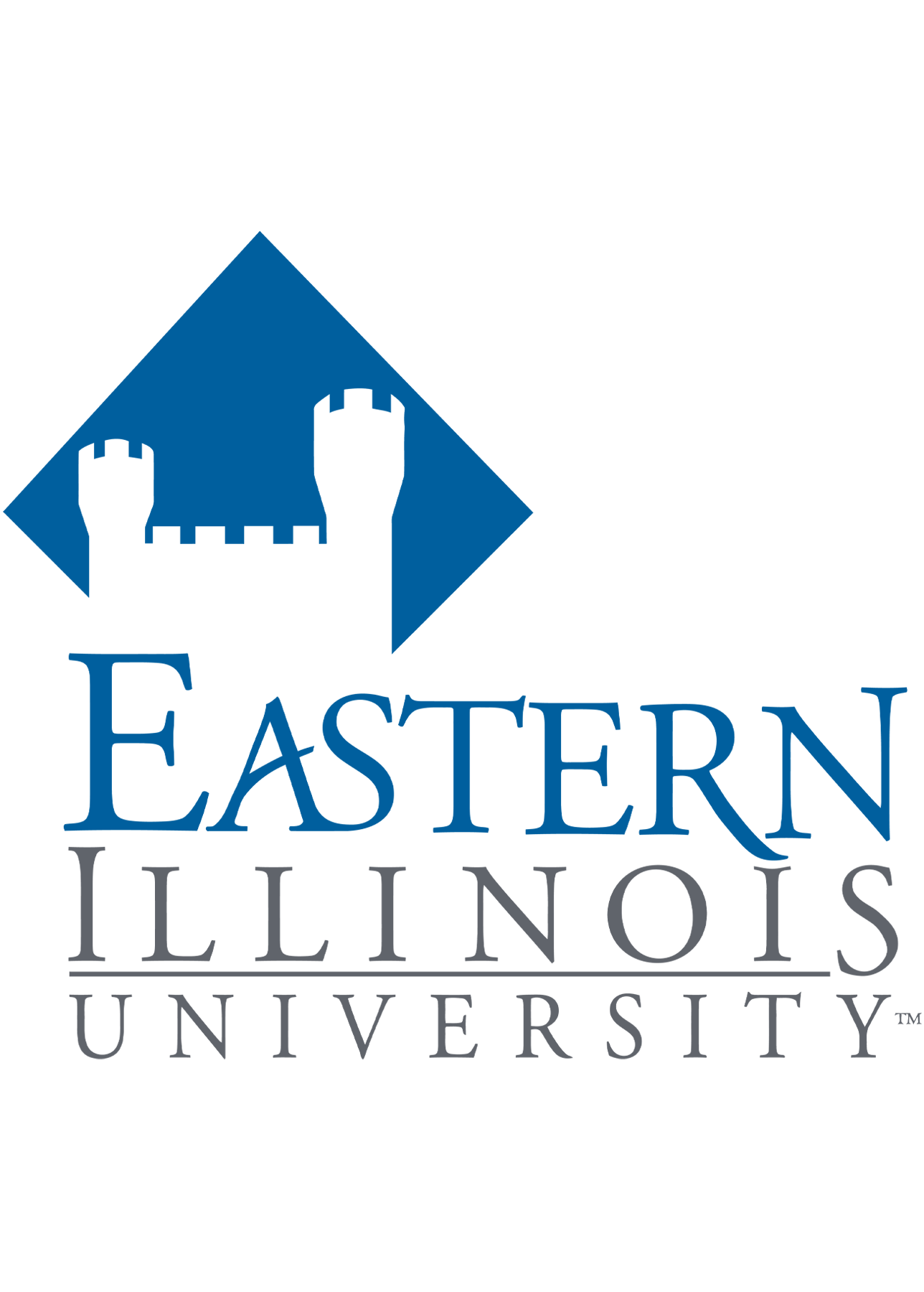
Eastern Illinois University
Intelligent Score: 87.36In-state: $9,036
Out-of-state: $11,231
In-state: $7,503
Out-of-state: $7,503
SAT: 960-1140
ACT: 18-23
In-State: $335
Out-of-State: $806
On-Campus, Online, Hybrid
Higher Learning Commission
36

Webster University
Intelligent Score: 87.09In-state: $28,500
Out-of-state: $28,500
In-state: $13,500
Out-of-state: $13,500
SAT: 1078-1260
ACT: 20-27
$752
On-Campus, Online, Hybrid
Higher Learning Commission
33
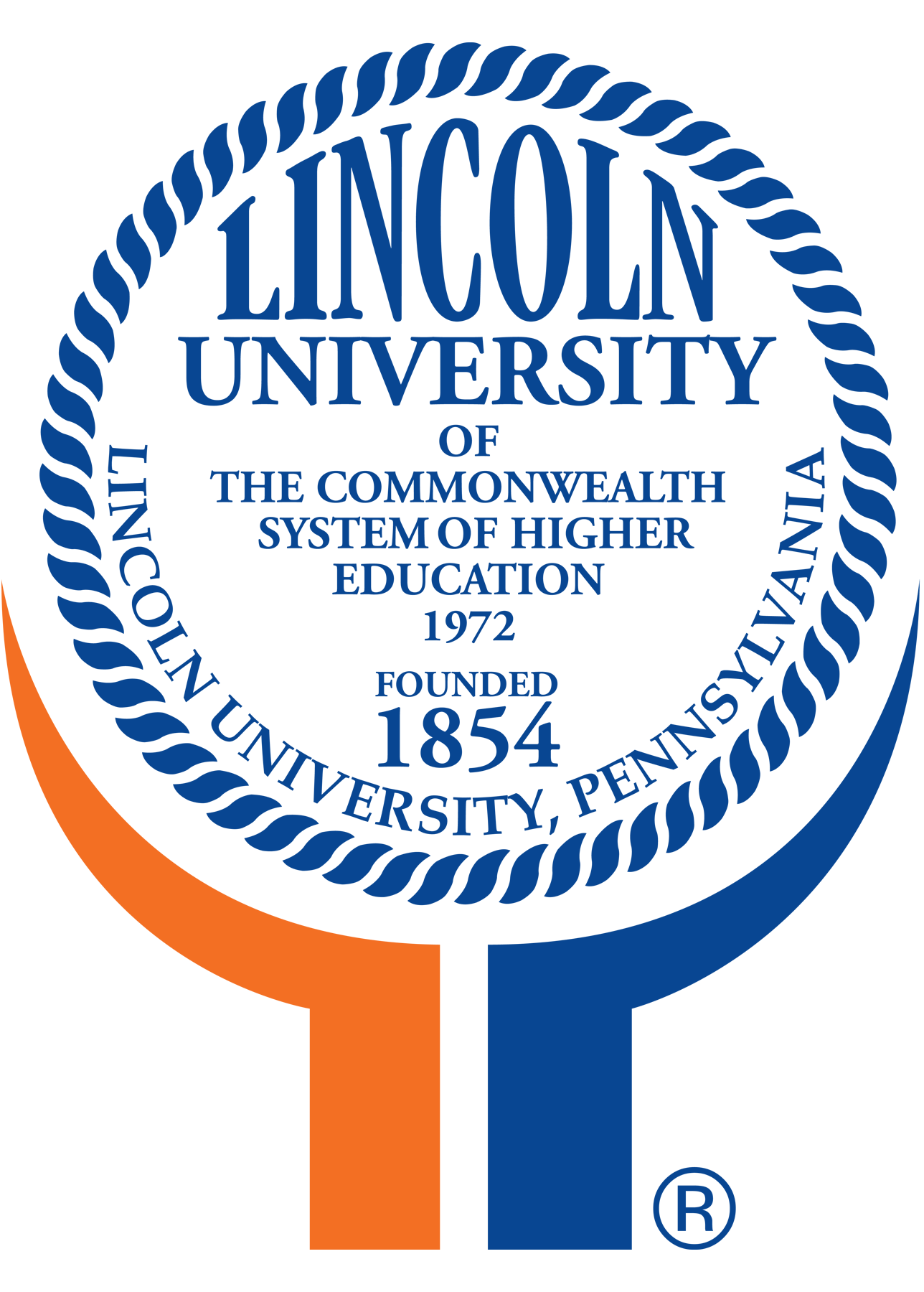
Lincoln University
Intelligent Score: 85.66In-state: $8,026
Out-of-state: $13,396
In-state: $10,106
Out-of-state: $10,106
SAT: 860-1028
ACT: 15-18
In-State: $511
Out-of-State: $886
On-Campus
Higher Learning Commission
30
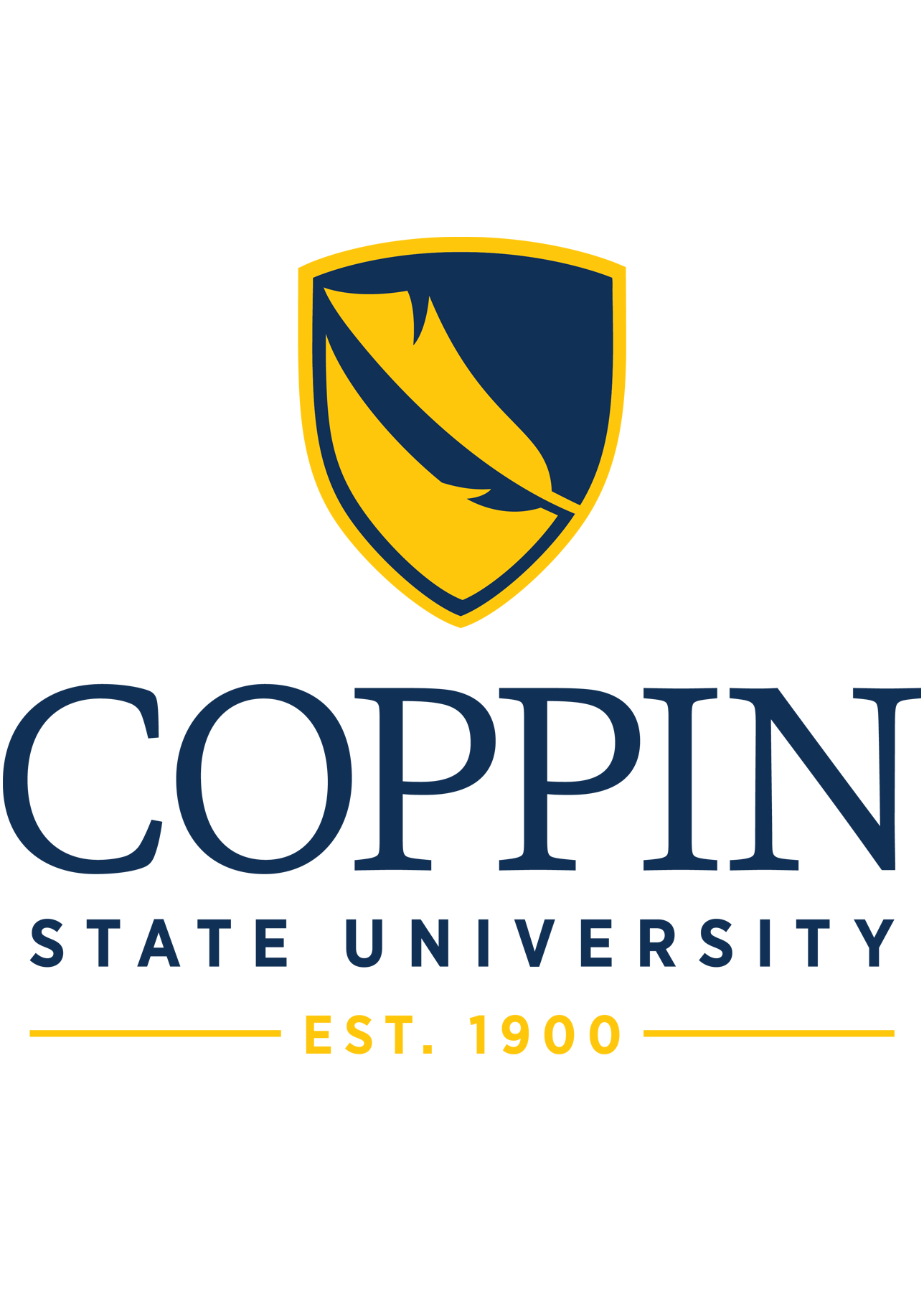
Coppin State University
Intelligent Score: 85.58In-state: $4,648
Out-of-state: $11,045
In-state: $6,192
Out-of-state: $6,192
SAT: 820-970
ACT: 17-22
In-State: $377
Out-of-State: $693
On-Campus
Middle States Commission on Higher Education
36
How to Choose a Master’s in Human Services Degree Program
Choose your area of study
Given the field’s versatility, choosing an area of study for your master’s in human services can be beneficial in multiple ways. Specializations allow students to center their education around their career goals and interests, ultimately creating a more rewarding academic experience.
For instance, a concentration in nonprofit management prepares students with leadership and fundraising skills, which is ideal for those seeking executive roles in charitable organizations. Those focusing on policy and advocacy gain an understanding of legislation, making them well-suited for careers in government relations or social justice organizations. Meanwhile, a concentration in clinical supervision and leadership is ideal for students interested in overseeing case management teams.
Research schools and programs
Once you’ve decided on a specialization, you can start researching schools and programs for your degree. You may come into this process with questions of your own, but here are a few to help guide your research further:
- What courses and electives are available, and do they support my intended specialization?
- What are the faculty’s credentials, experience, and research areas?
- Are internships or networking opportunities provided?
- What is the program’s job placement rate?
You can find most of this information on program websites, but don’t hesitate to contact admissions offices if you need further information. Additionally, speaking with current students or alumni can provide more insight into their experiences.
Prepare for tests and applications
After narrowing down your options, it’s time to begin preparing for applications. Start by securing official transcripts from all previous academic institutions, ensuring they meet each program’s requirements. Next, identify and reach out to potential recommenders for letters of recommendation, providing them with enough time and any information that can help, like academic achievement or goals.
Dedicate plenty of time to writing your personal statement, making sure it aligns with each program’s expectations and illustrates your enthusiasm. If GRE scores are required, consider enrolling in a test prep program to boost your performance.
Select your program
If you submit more than one application, you may receive multiple acceptance letters. This is an excellent time to revisit your initial research criteria, focusing on what best aligns with your priorities. Take time to reassess the curriculum, faculty you’ll learn from, and career support, paying attention to programs that exceed your expectations.
It’s also crucial to review the total cost of attendance, factoring in tuition, fees, and living expenses while considering available scholarships, grants, or assistantships. Balancing your priorities with financial feasibility will ultimately help you make a confident, well-informed decision.
Determine how you’ll pay for your degree
Financing your degree without accumulating debt may feel impossible, but there are many financial aid resources to help. Prioritize scholarships and grants, as these don’t require repayment and can significantly offset costs. Next, explore assistantships your school provides, such as teaching or research positions, often including tuition waivers or stipends. Those already employed and staying in the same field should check for employer tuition reimbursement, where companies may cover partial or complete education costs. Federal loans are a viable option if financial gaps remain due to their flexible repayment terms and competitive interest rates.
What Can You Expect From a Master’s in Human Services Program?
A master’s in human services provides students with comprehensive training in non-clinical areas of human services, focusing on leadership, policy, and program management. Unlike a Master’s in Social Work, which primarily emphasizes clinical practice, this program prepares students for various administrative and management roles within human services organizations.
As a student, you’ll learn skills in organizational leadership, program evaluation, grant writing, and human resource management, positioning you to effectively design, implement, and assess programs that meet community needs. Graduates often pursue careers in nonprofit management, policy advocacy, community outreach, and higher-level administrative roles in government agencies.
Some programs require a thesis involving original research. In these programs, students engage in a research project that addresses a pertinent issue in the field, culminating in a thesis where they document their findings and contribute to existing knowledge. Regardless of thesis requirements, these programs can be completed in 18 months to two years, depending on full-time or part-time enrollment.
Potential courses you’ll take in a master’s in human services program
- Nonprofit Management and Leadership: Targeting a popular sector of human services, this course emphasizes leadership and strategic management skills by focusing on the unique challenges of nonprofit organizations. Students learn about governance structures, fundraising strategies, financial oversight, and ethical leadership principles. Through practical exercises and projects, they develop to lead nonprofit entities in a constantly changing landscape.
- Program Evaluation and Assessment: In this fundamental course, students learn how to design and implement effective program evaluations for human services initiatives. They analyze several evaluation models, data collection techniques, and assessment strategies to measure program success.
- Grant Writing and Resource Development: This course provides students with in-depth knowledge of creating compelling grant proposals. Students gain experience identifying suitable funding sources, researching grant guidelines, and developing narratives and budgets aligning with funder priorities. Emphasizing creativity and technical precision, this course enables students to write persuasive grants that secure essential organizational resources.
- Social Policy Analysis: This class explores the impact of policy on human services, providing students with an understanding of how to analyze, advocate for, and influence social policy. They will learn about policy-making, historical contexts, and how policy affects marginalized communities.
Master’s in Human Services Degree Frequently Asked Questions
How do I apply to a master's in human services degree program?
While specific criteria may differ by program, many institutions offering a master’s in human services share similar application requirements, including:
- A bachelor’s degree from an accredited institution, preferably in a related field
- Official transcripts from previous academic institutions
- Two to three letters of recommendation
- A statement of purpose outlining your goals, experience, and reasons for pursuing the degree
- GRE scores, if required by the program
It’s essential to speak with an admissions counselor before applying, as they can help you understand the requirements and deadlines of your chosen program. This ensures that your application is competitive and centered around the program’s specific expectations, boosting your chances of acceptance.
How much does a master's in human services degree cost?
According to the most recent data from the National Center for Education Statistics, the average tuition for graduate programs was $19,749 for the 2020-2021 academic year.
However, tuition alone doesn’t account for all costs. You’ll also want to budget for housing, commuting, textbooks, and necessary course materials. Additional expenses, like technology fees, may apply if you take some or all of your coursework online. Researching each program’s specific requirements and fees is vital to accurately estimating total costs. Many students benefit from contacting a financial aid counselor at this juncture to reduce the potential for financial surprises.
How long does it take to earn a master's in human services degree?
The time it takes to earn this degree will vary based on your enrollment status. For full-time students, programs usually last 18 months to two years. Part-time students, however, often required three to four years to complete coursework due to a lighter course load per term.
Evaluating each program’s total number of required credits is essential, as this directly affects completion timelines. Some programs require around 30 credits, while others may require up to 48. Generally speaking, the more credits required, the longer it’ll take to complete.
